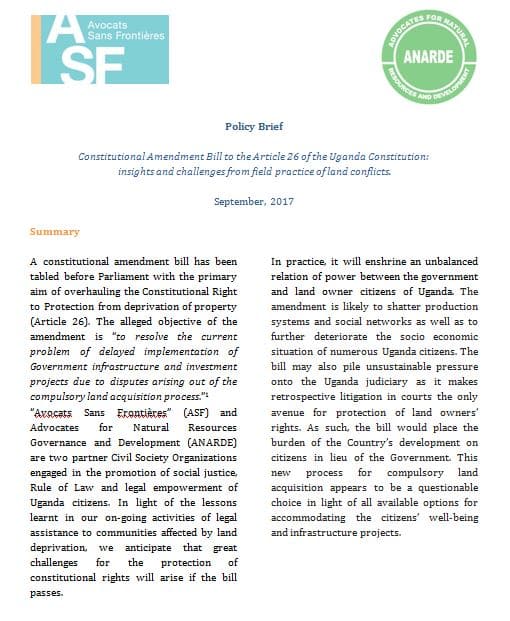Search results for: “uganda”
-
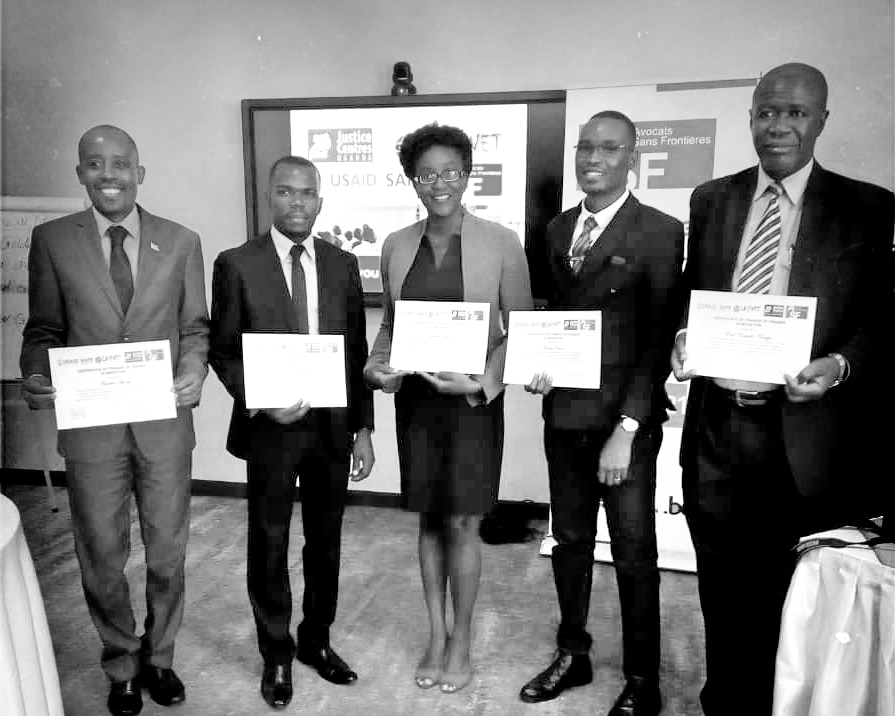
Closing the gap between community-based and court-based justice in Uganda
Last June, ASF released the Community-Based Mediation Training Module, along with three like-minded organisations. This marked the end of a drafting process from which many lessons have been learned and the beginning of a long-term commitment to work towards closing a major gap in terms of access to justice in Uganda: the disconnection between the…
-

-
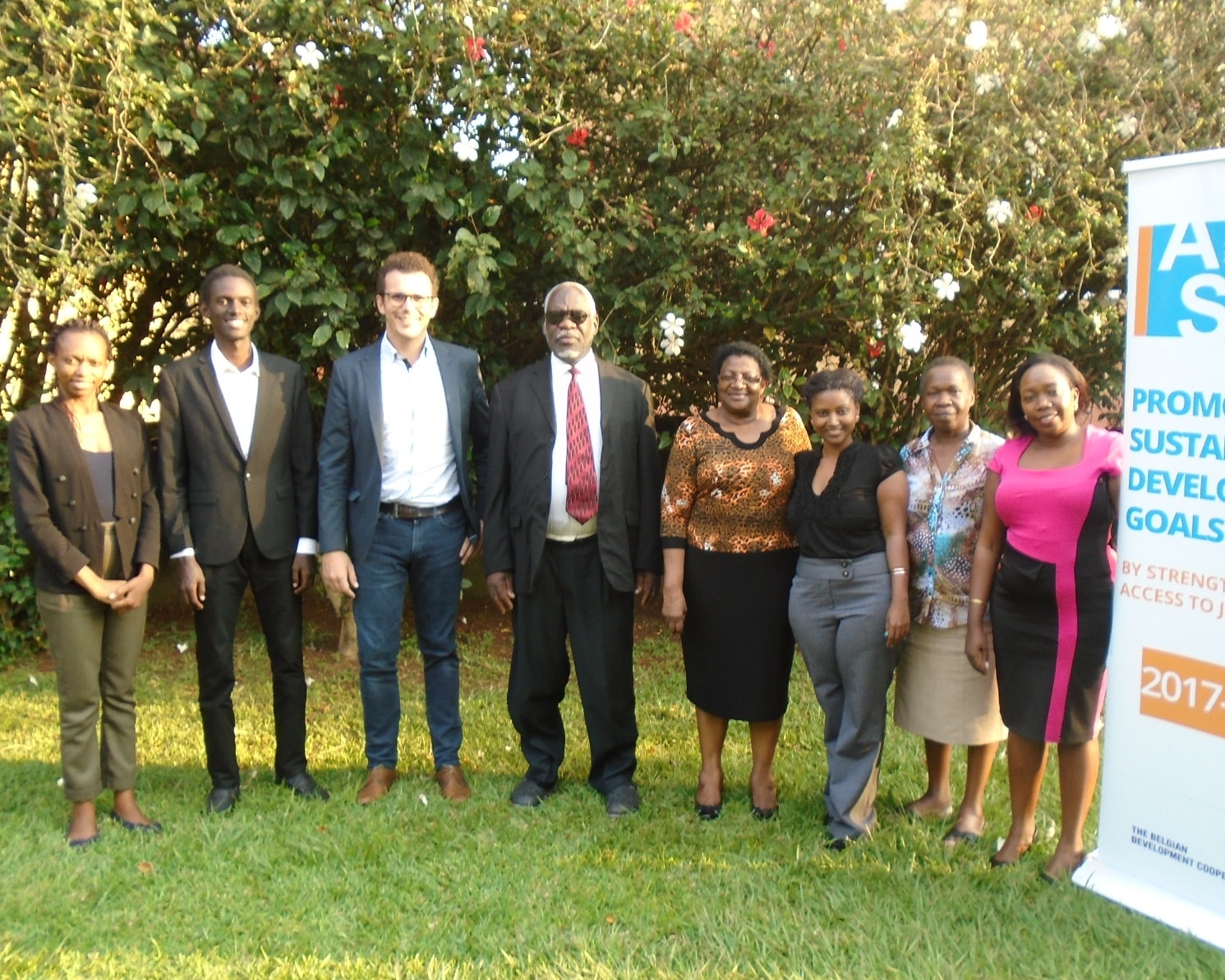
ASF support provided to the International Crimes Division in Uganda
Since 2012, ASF has been supporting the International Crimes Division (ICD) in Uganda. The ICD is a domestic court that was created as part of the government’s efforts to implement the Juba Peace Agreement. It is within the ICD’s jurisdiction to try serious offences such as war crimes, crimes against humanity, and genocide. Given Uganda’s…
-
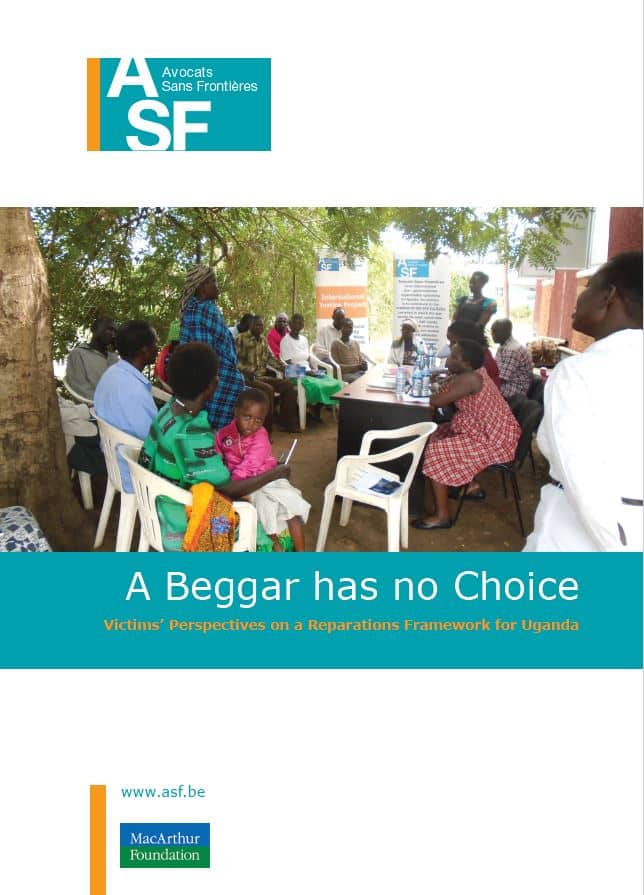
-
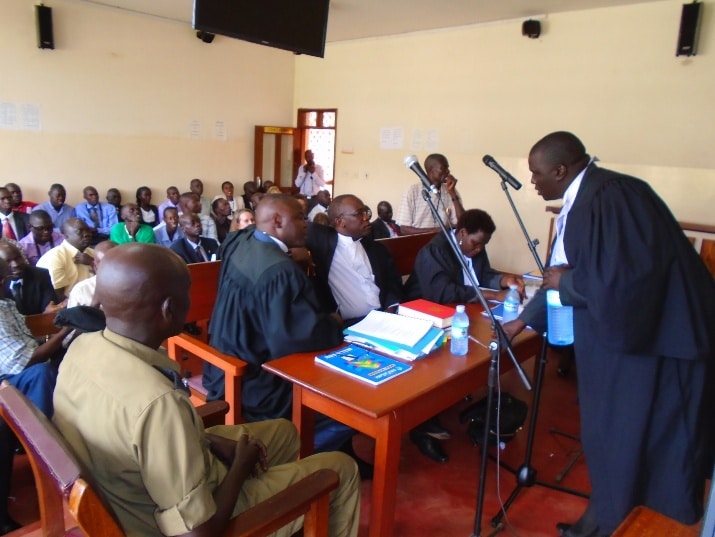
Reparations at the core of transitional justice in Uganda
ASF releases two publications on reparations for victims of mass crimes in Uganda. They aim at assisting all stakeholders dealing with reparations in the country and, particularly, victims, their counsels and the judges of the International Crimes Division. They will also give a new kick-start to the transitional justice process. While reparations are only one…
-
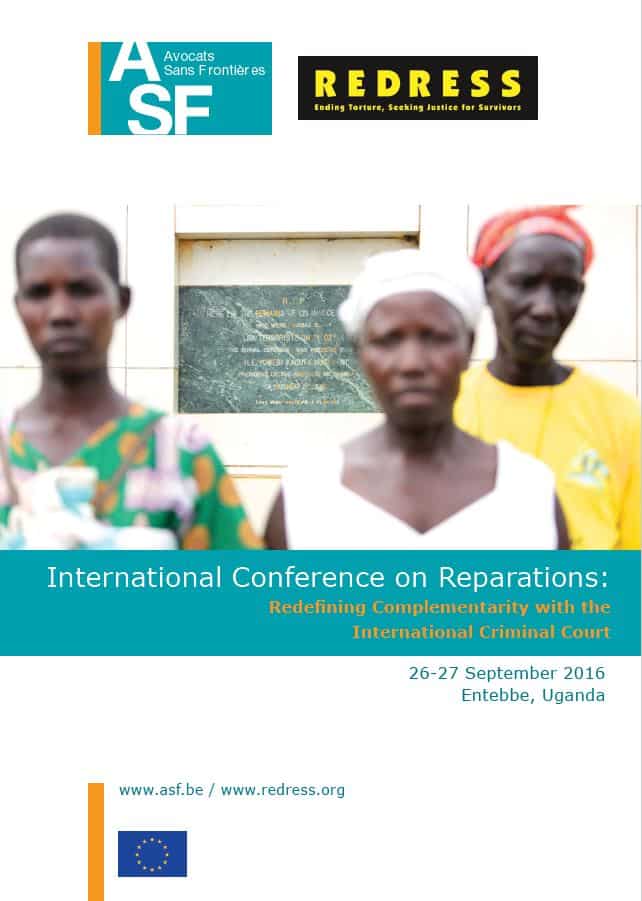
-
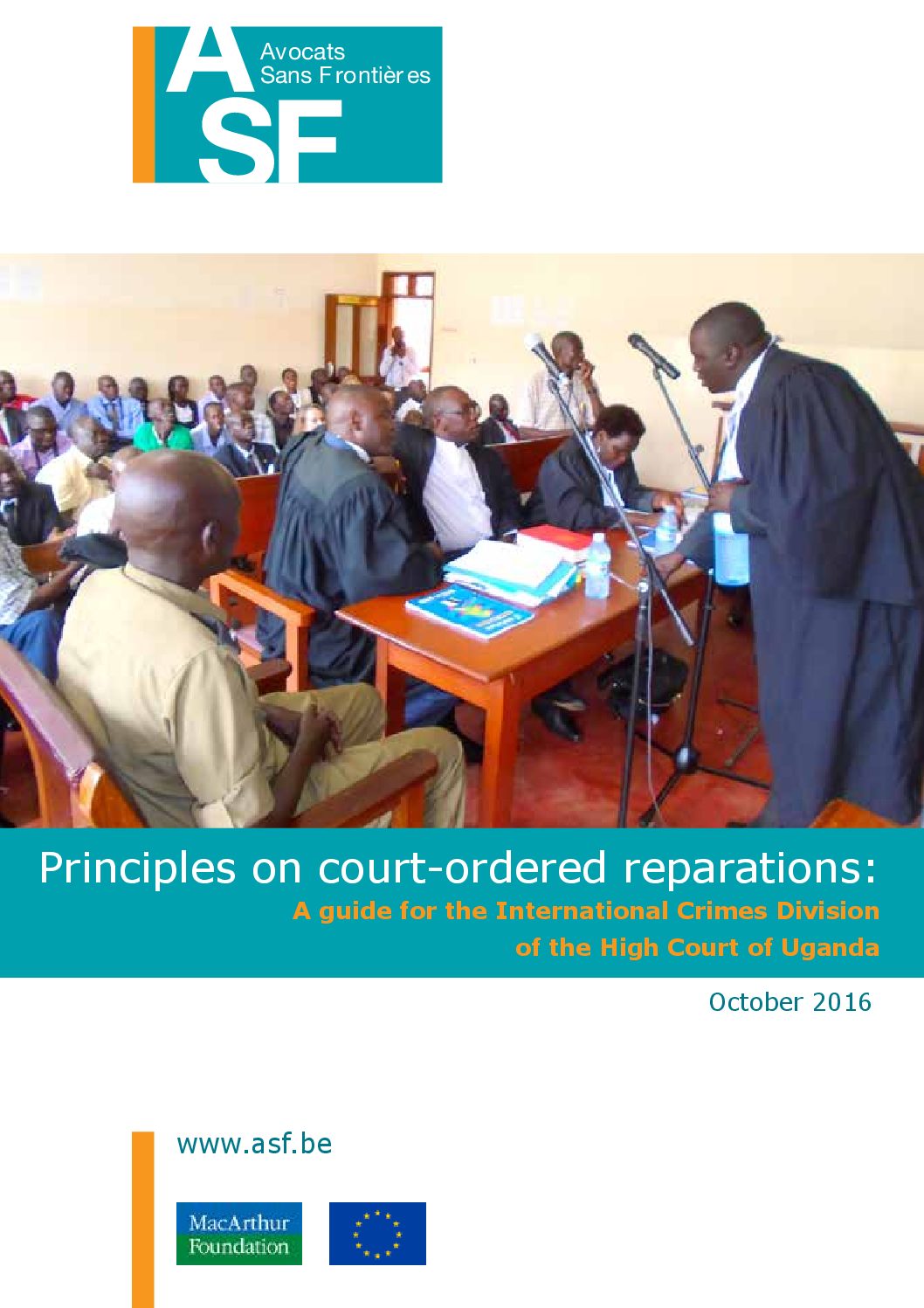
-
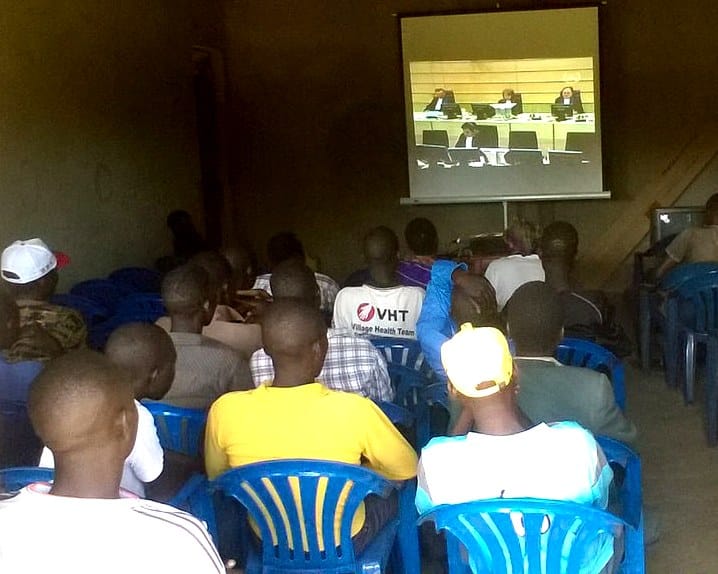
Opening of Ongwen’s trial before the ICC: making justice accessible to victims in Uganda
While former LRA rebel Dominic Ongwen is facing justice before the ICC, ASF recalls the importance of bringing justice closer to the affected communities. The NGO supports the organisation of live screenings of the opening of Ongwen’s trial and encourages national authorities to increase their support to make justice accessible for all.
-
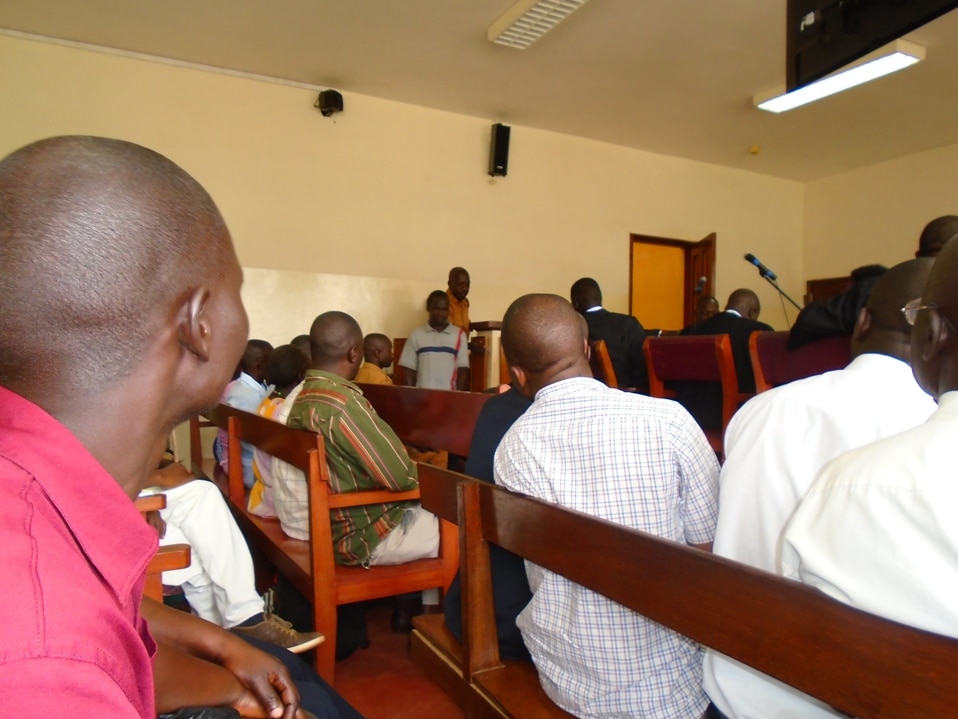
A first in Uganda: Victims participate in criminal proceedings against a LRA warlord
On 21st September 2016 former LRA warlord T. Kwoyelo attended his second pre-trial hearing. After several procedural curbs, the trial might be on track. Most important, for the first time in Uganda, victims right to participate in a trial proceedings was recognized. This could be a very first step towards reparation for victims in Uganda.

